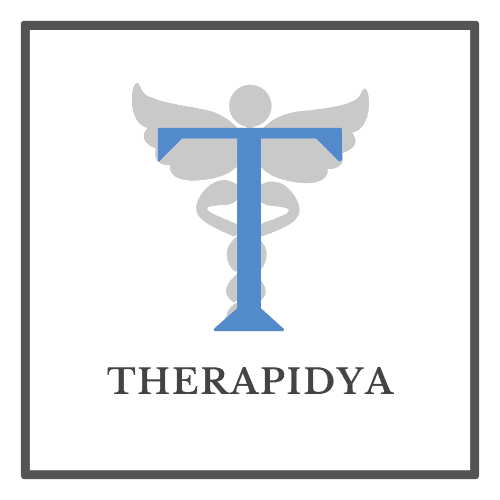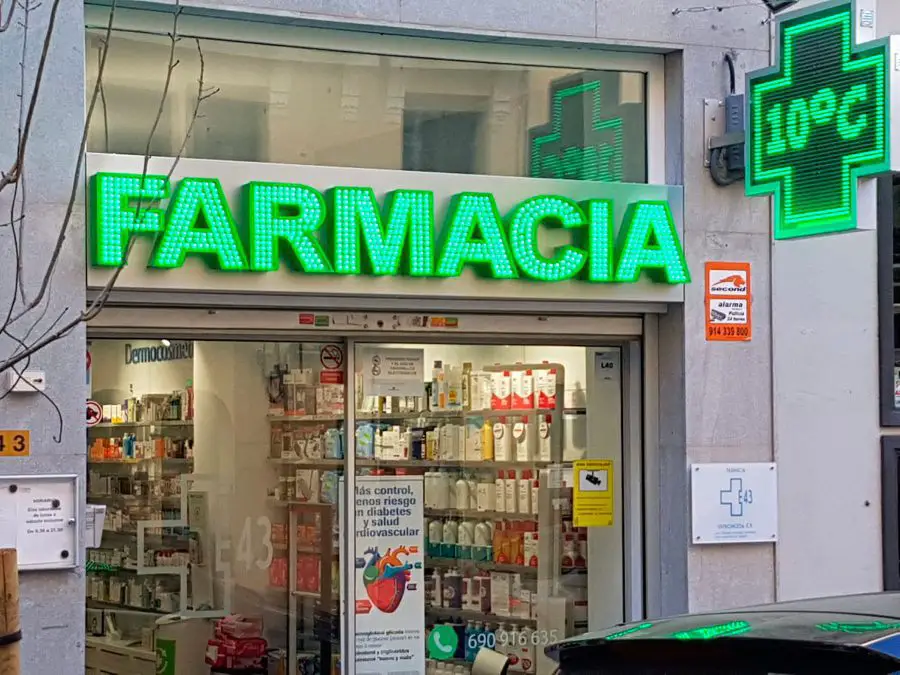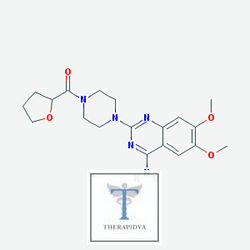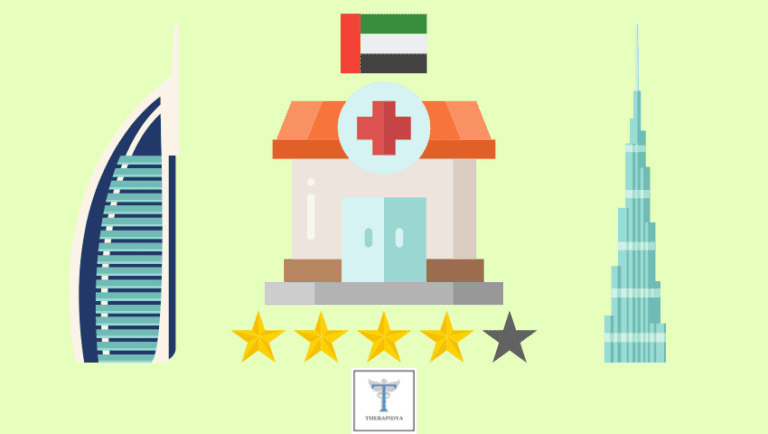How to Find a Pharmacy in Italy as a Tourist: Your Ultimate Guide
Traveling to Italy can be an exciting and unforgettable experience, filled with exquisite cuisine, breathtaking landscapes, and a rich cultural history.
However, unexpected situations can arise, and you may need to find a pharmacy during your trip. In this comprehensive guide, we’ll take you through the ins and outs of finding a pharmacy in Italy as a tourist, ensuring you have a stress-free and enjoyable vacation.
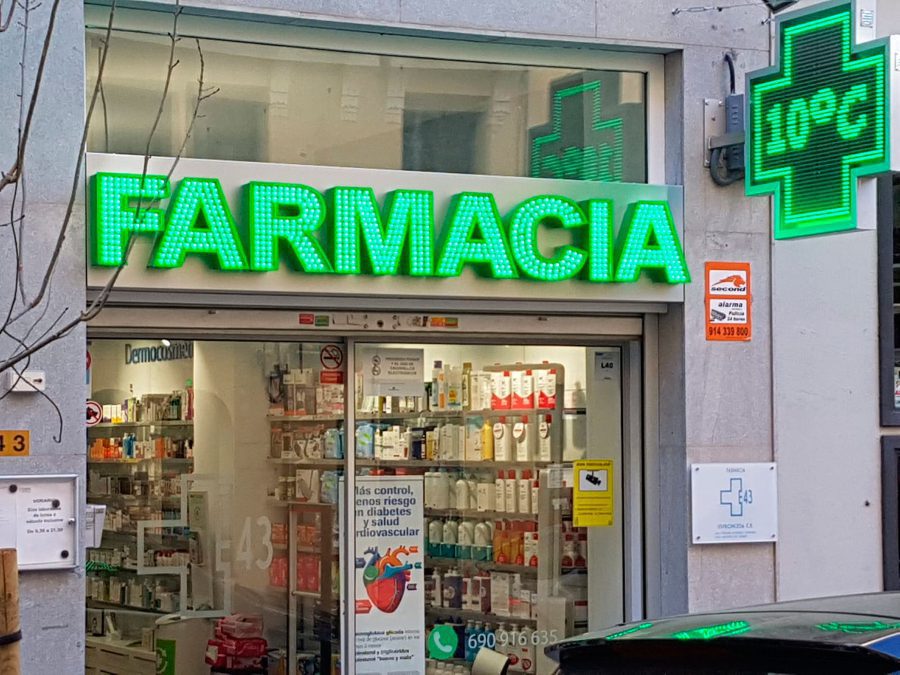
Understanding Italian Pharmacies
When you’re in Italy, it’s essential to know the difference between the two types of pharmacies:
Farmacia (Public)
- Government-regulated
- Dispense prescription and over-the-counter medications
- Offer additional services like first aid supplies and health advice
Parafarmacia (Private)
- Privately owned
- Sell over-the-counter medications and personal care items
- May not dispense prescription medications
Pharmacies in Italy typically operate during standard business hours (Monday to Saturday, 8:30 am to 1:00 pm, and 4:00 pm to 7:30 pm). However, you’ll find that some pharmacies also open on Sundays and holidays.
To recognize a pharmacy, look for the iconic green cross sign, or the words “Farmacia” or “Parafarmacia.”
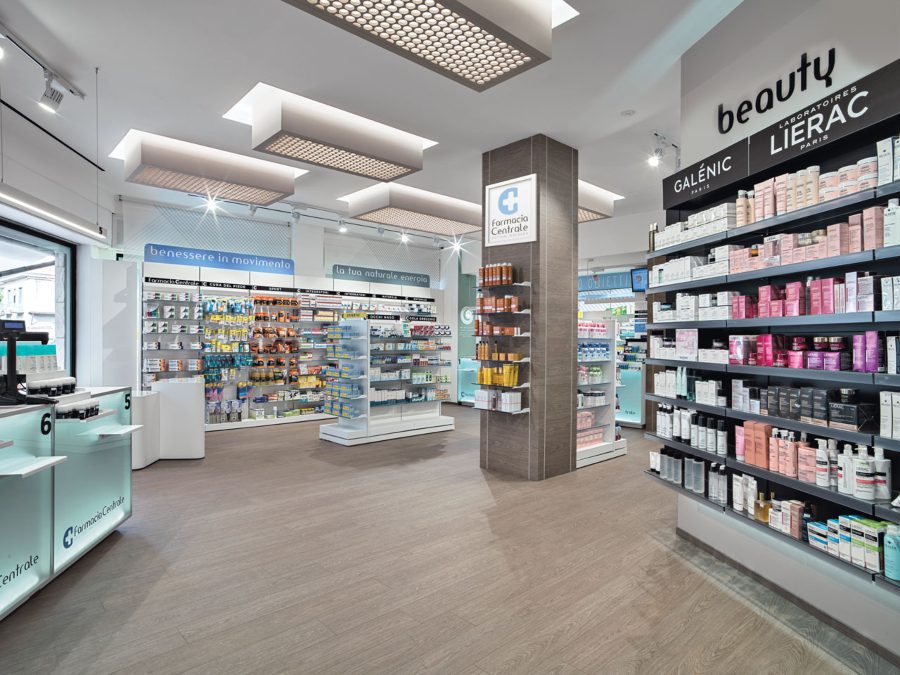
| Farmacia | Parafarmacia |
|---|---|
| Dispenses medicines with or without prescription | Dispenses only medicines without prescription (SOP and OTC) |
| Requires a pharmacist with a license and membership in a professional association | Does not require a license or membership, but must have a pharmacist or a technician |
| Uses a green cross as a symbol | Uses a blue cross as a symbol |
| Can prepare and store medicines in the laboratory | Cannot prepare or store medicines in the laboratory |
How to Find a Pharmacy
Online Resources
- Google Maps: Simply type “pharmacy” or “farmacia” into the search bar, and Google Maps will show you the nearest options.
- Farmacie di Turno website: This website lists pharmacies on duty. It’s especially helpful when you need a pharmacy during non-business hours, Sundays, or holidays.
- Mobile applications: Several apps, like “Farmacie di Turno” or “Pronto Farmacia,” can help you find the nearest pharmacy based on your location. These apps are available for both Android and iOS devices.
Asking Locals for Directions
- Key Italian phrases to use:
- “Dove posso trovare una farmacia?” (Where can I find a pharmacy?)
- “Qual è la farmacia più vicina?” (What’s the nearest pharmacy?)
- Hotels or accommodations staff: The front desk at your hotel, hostel, or vacation rental can provide you with information on nearby pharmacies.
- Tourist information centers: Most cities and towns have tourist information centers where you can find maps, brochures, and knowledgeable staff who can guide you to the nearest pharmacy.
Local Newspapers
- Pharmacies on duty (Farmacie di Turno): Newspapers often list the pharmacies on duty in their local area, which can be particularly useful when looking for a pharmacy during non-business hours, Sundays, or holidays.
- Weekly listings: Some newspapers publish weekly listings of pharmacies, including their addresses and operating hours.
Pharmacy Services
Over-the-Counter Medications
- Common medications like pain relievers, cold and allergy medicines, and digestive aids are available without a prescription.
Prescription Medications
- EU prescriptions: If you have a prescription from another EU country, Italian pharmacies will generally accept it. However, it’s essential to carry the original prescription and ensure it includes the necessary information, such as the medication’s international non-proprietary name (INN) or the active ingredient.
- Non-EU prescriptions: If you have a prescription from outside the EU, you may encounter difficulties getting it filled. It’s advisable to consult with a local doctor who can provide an equivalent prescription that Italian pharmacies can accept.
Additional Services
- First aid supplies: Pharmacies usually stock first aid kits, bandages, antiseptic solutions, and other essential items.
- Personal care items: You can find personal care products such as toothpaste, shampoo, and sunscreen at most pharmacies.
- Health advice: Pharmacists in Italy are knowledgeable and can provide advice on minor health issues, medication usage, and potential side effects.
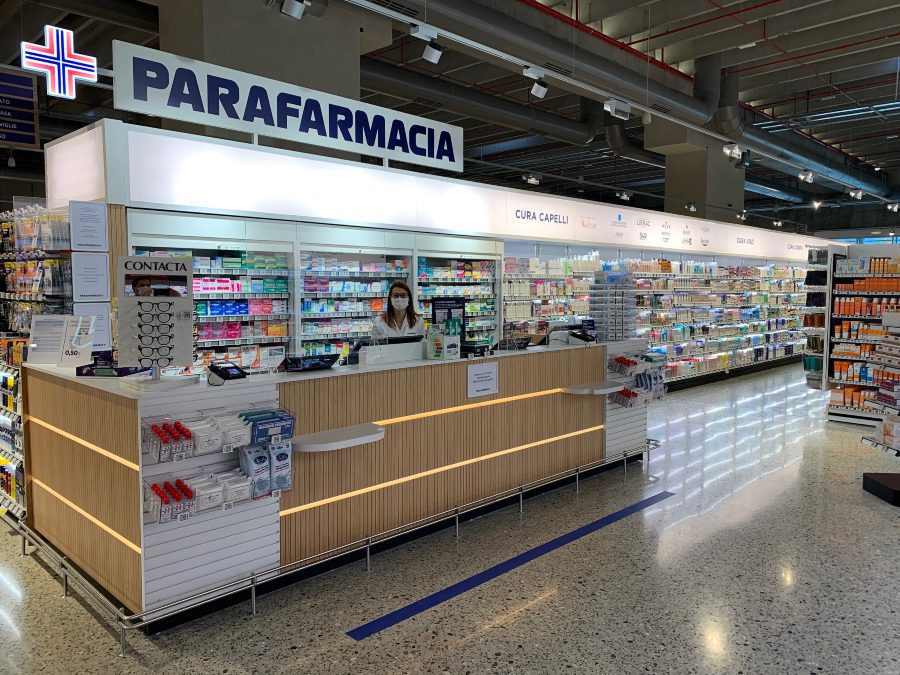
Pharmacy Etiquette
Communicating with the Pharmacist
- Basic Italian phrases for the pharmacy:
- “Ho bisogno di…” (I need…)
- “Mi fa male…” (I have pain in…)
- “Soffro di…” (I suffer from…)
- “Mi può consigliare un medicinale per…?” (Can you recommend a medication for…?)
- English-speaking pharmacists: Many pharmacists in Italy speak English, especially in tourist areas. Don’t hesitate to ask if they speak English, as they’ll likely be happy to help.
Privacy and Discretion
- In Italian pharmacies, it’s common for customers to discuss their health concerns with the pharmacist openly. If you require more privacy, you can politely ask the pharmacist for a private conversation.
Payment Options
- Cash: Most pharmacies accept cash payments.
- Credit cards: Many pharmacies also accept credit cards, but it’s a good idea to ask beforehand.
- Health insurance: If you have international health insurance, check with your provider to see if they cover medication costs in Italy.
Emergency Situations
Finding an Open Pharmacy During Non-Business Hours
- Farmacie di Turno: In every city and town, there are designated pharmacies on duty that remain open during non-business hours, Sundays, and holidays. You can find these pharmacies through the Farmacie di Turno website or mobile apps.
- 24-hour pharmacies: Some larger cities may have 24-hour pharmacies. Ask your hotel or accommodation staff, or use Google Maps to find one nearby.
Emergency Numbers
- General emergency number (112): This number connects you to the emergency services, including the police, fire department, and medical assistance.
- Medical emergency number (118): If you require urgent medical attention, you can call this number for assistance.
Conclusion
With this comprehensive guide, you’re now well-equipped to find a pharmacy in Italy as a tourist. Understanding the difference between public and private pharmacies, using various resources to locate them, and knowing the essential phrases and etiquette will ensure a smooth experience during your stay. Enjoy your Italian adventure with confidence, knowing you can access the necessary healthcare services whenever you need them.
